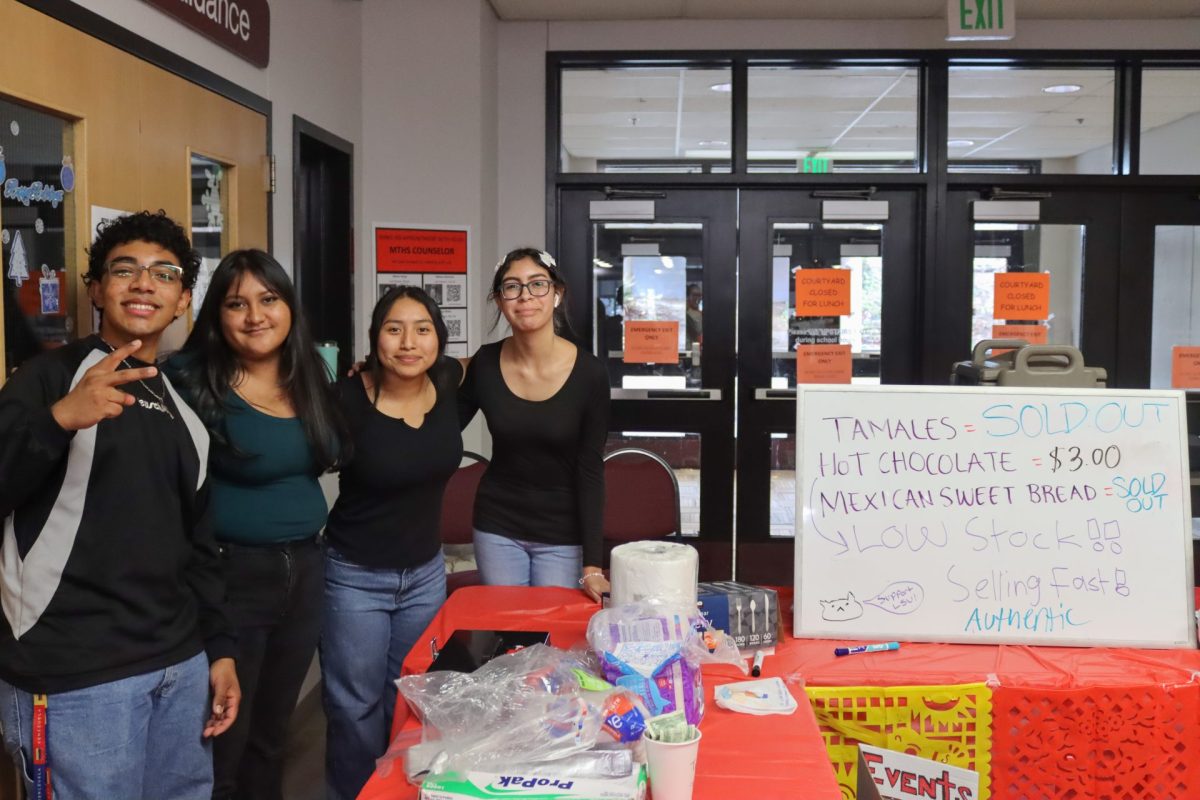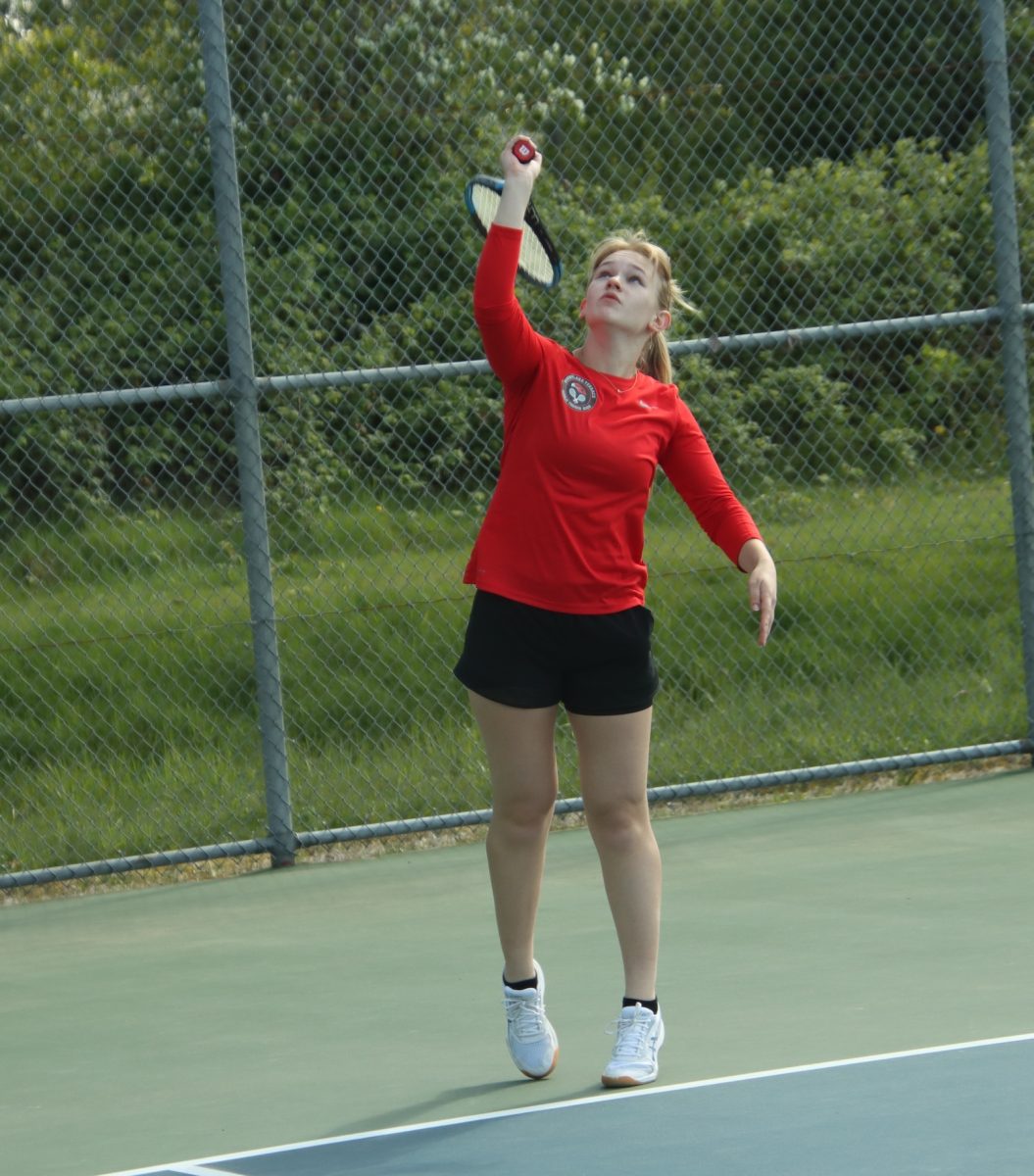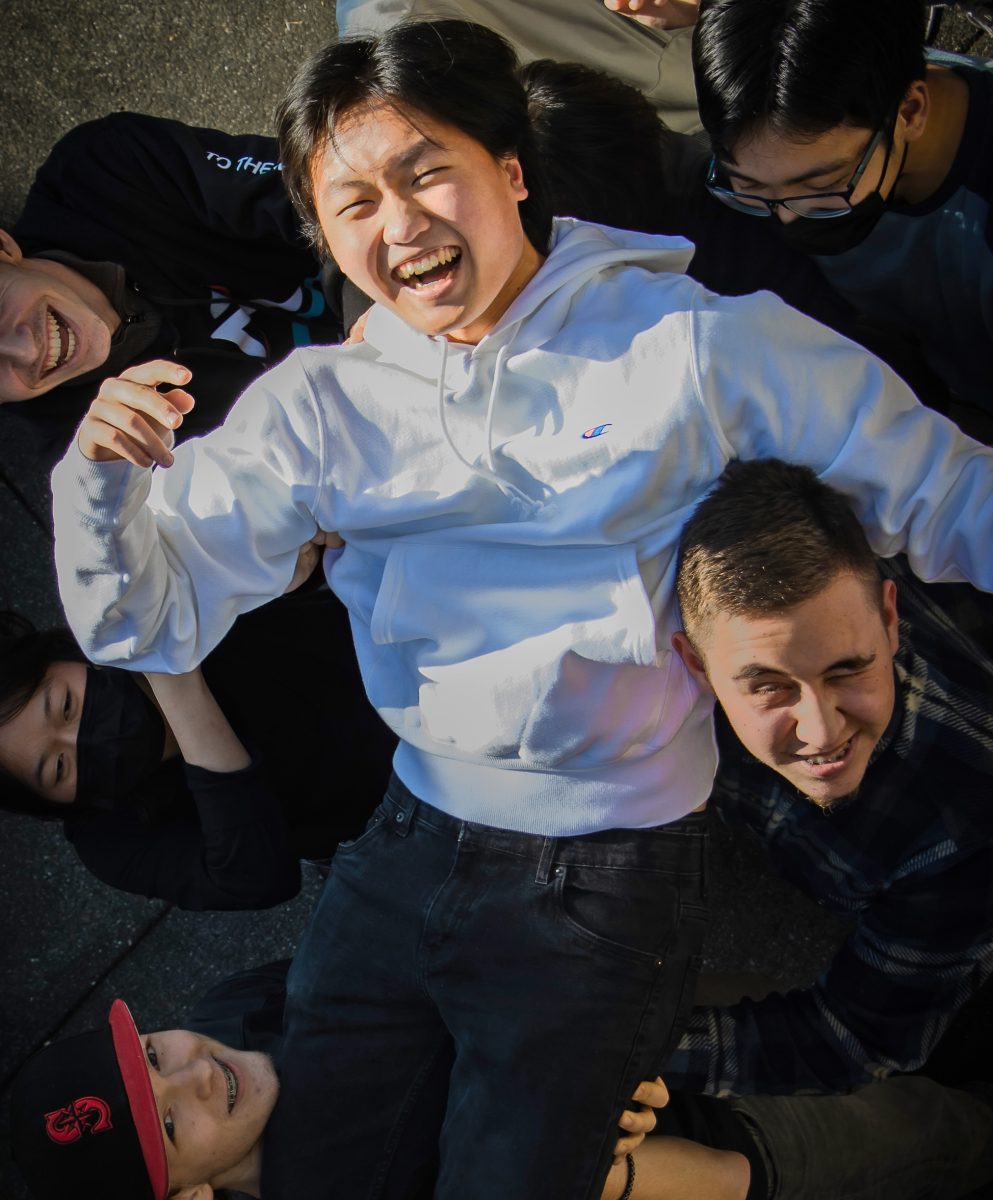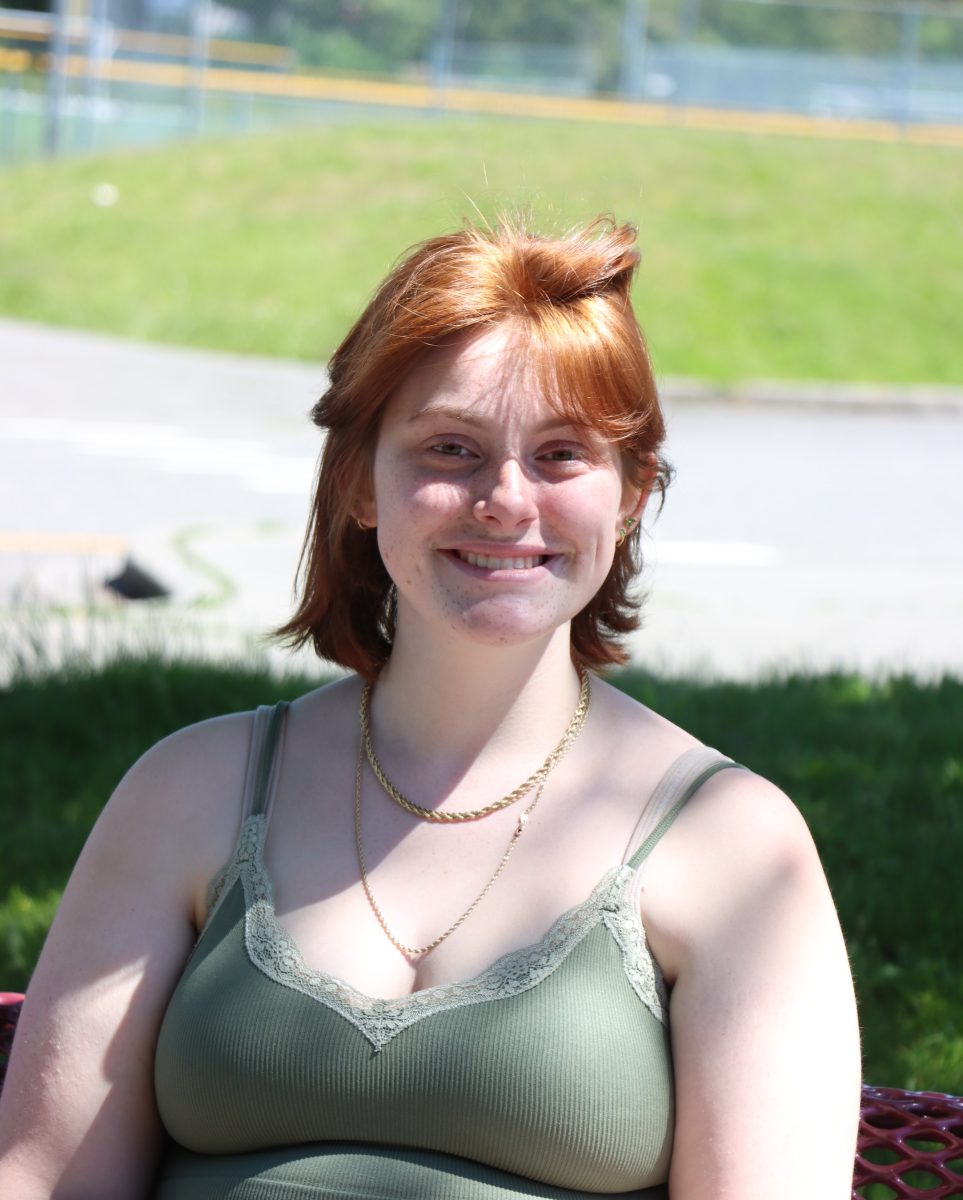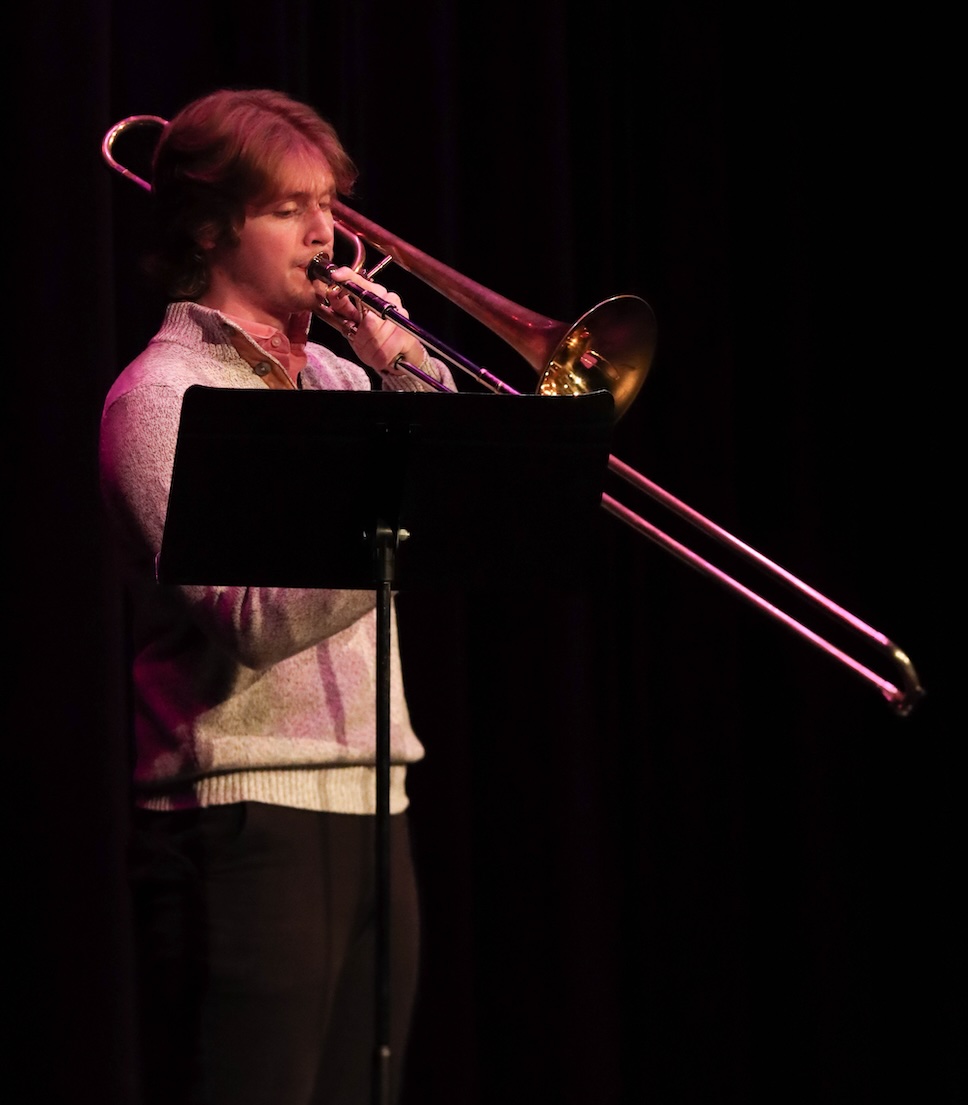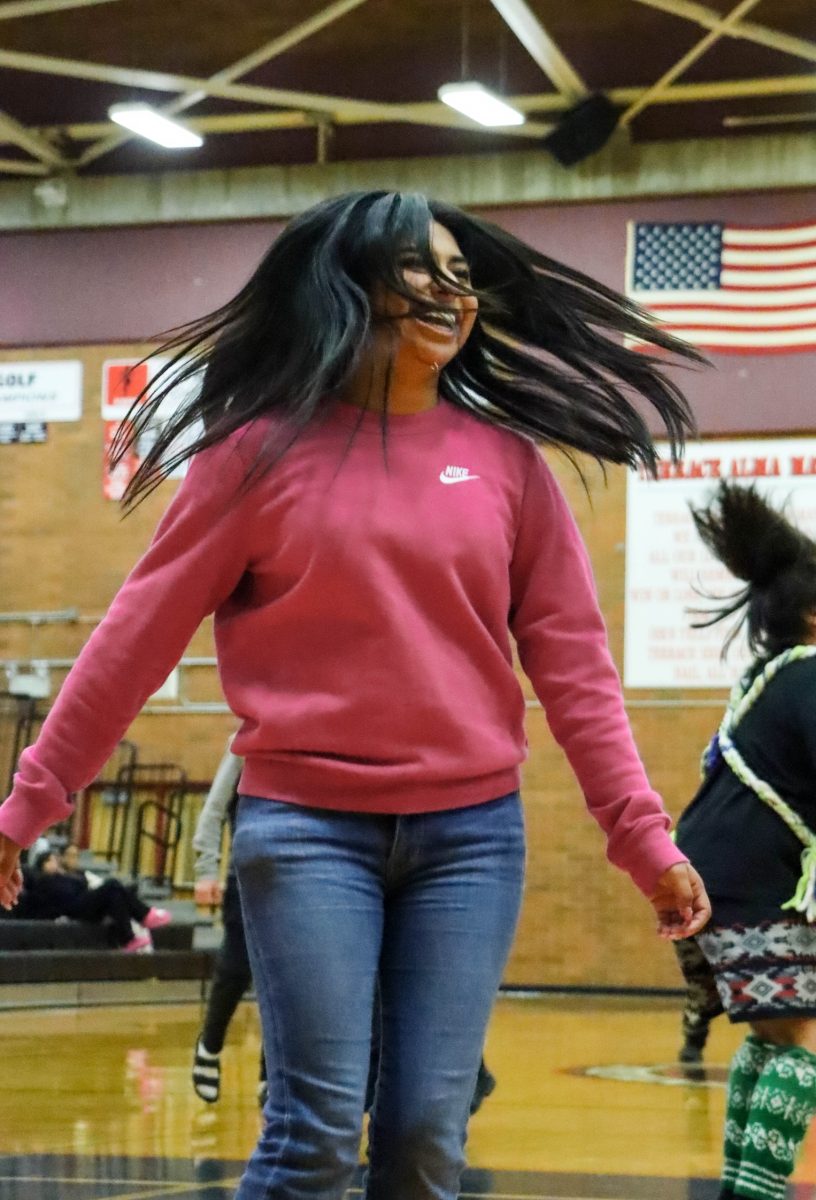Senior Nabressa Lilly is heartbroken each time she hears of the unjust death of another African-American individual on the news.
“Every time that happens, two lives are lost,” she said.
By this, Lilly means one life of the deceased victim, who is murdered and one life of the killer, who lacks peace of mind and privacy as his or her life is scrutinized by the media.
“You know that their lives are going to be picked apart in the media. Especially if you don’t know the full story. We don’t need to immediately pick apart their lives,” Lilly said.
She said the media should just respect the victim due to their family having just lost them. She said families should be given time to grieve.
When Lilly turns on the TV, she fears seeing her brother on the screen. She fears he may be a victim himself.
Despite this heartbreak, Lilly confessed she was confused by the headlines about Black Lives Matter. She said she didn’t know why people were angry or were protesting.
She later learned Black Lives Matter is a social movement started in response to what was perceived as unjust police brutality, specifically against the black community. The movement seeks to respond to institutionalized racism by raising awareness and spreading the word through protests on the streets of big cities and online social media platforms to share the importance of black lives.
The Black Lives Matter movement started in 2012 following the case of 17-year-old black teenager Trayvon Martin’s murder, according to the Black Lives Matter official website. His killer, George Zimmerman, was acquitted and found not guilty. As a result, communities nationwide organized rallies to protest the verdict and show honor and empowerment for Martin.
Since Martin’s death, there have been a number of high-profile murders of unarmed black people, including Michael Brown in Ferguson, Mo., Eric Garner in New York, Tamir Rice in Cleveland, Ohio and more. The unjust killings of more than 100 unarmed black individuals in 2015 has led more and more people across the United States joining Black Lives Matter in protest, according to a collaboration of data, The Guardian and Mapping Police Violence.
After researching the trending topic and educating herself on what Black Lives Matter is about, Lilly’s perspective changed.
She said she felt really moved because the participants in the movement were responding to more than the conflict at hand.
“They were responding to the inequity of our society rather than just [that] somebody died, ” Lilly said.
Behavioral Coordinator and Black Student Union (BSU) adviser Michael Boxley believes the Black Lives Matter movement emphasizes the importance of every life.
“[Black Lives Matter is] worth supporting because there are people in our society that don’t feel that their lives matter. I think it’s an important message…not just [to] black people, people of color. They shouldn’t need to be convinced that their lives matter and that their futures are something that’s important,” he said.
Lilly joined BSU to communicate and collaborate with other MTHS black students.
“Racist ideas that people have didn’t come from thin air, they came from somewhere. Racism is a learned trait,” she said.
She continued, saying her goal is to educate more people on how to change the discussion about racism. As a member of BSU, Lilly works to create a positive perception of black students.
Senior Jordan Bishop, fellow BSU member, hopes the club can show students the importance of African-American people in the community. He said that BSU shows that, as black students, the members of the club can help the community.
Boxley supports the idea that black lives matter by doing service projects in the community and being dedicated to their education.
“I think we prove that Black Lives Matter by the way that we approach things on a daily basis and that we hold ourselves to high expectations,” Boxley said. “If there are people who doubt whether or not black lives matter and have had a positive interaction with somebody who is black. That personal relationship, I think, makes it tough to think that black lives don’t matter.”
Lilly describes society as a hierarchy of races. While race is not the main factor, she believes it is something people should not ignore.
“[Racism] is blatant but in the context of our society, what is blatant becomes normalized and when it becomes normalized, it becomes invisible. No one even questions it,” Lilly said.
However, Lilly’s quest to learn about racism didn’t start with a breaking news headline. It all started with instances of racial discrimination she faced at school last year. Lilly and BSU presented a tribute video at last year’s Martin Luther King Jr. Day assembly.
Two of her classmates were saying “the most offensive things” she said she has ever heard. They were making jokes about Birmingham and being disrespectful toward Martin Luther King Jr. Day. She was shocked to see that people she frequently interacted with could make such comments.
“I was crying. I couldn’t even go to class because I just didn’t know how to respond to what they were saying,” Lilly said. “I didn’t want to be the stereotypical angry black girl and turn around and yell at them.”
She later decided to explore racism, which she defines as having institutional power and pairing it with racial stereotypes. Lilly’s research also taught her to love her skin.
“For a long time with me, I just hated being black because of the images I would see on TV and how black people were portrayed and thinking that you can’t be beautiful and black, too,” Lilly said. “My skin is beautiful because it’s mine and because it’s the skin that I live in.”
With further research into African history, Lilly learned to love her racial identity. She learned of the things that Africans created, such as the salt and gold trade and the kings and queens of Africa. Learning that changed her perspective on herself, she said.
Lilly also has a firm belief that the phrase “Black Lives Matter” is more powerful than “All Lives Matter.”
“Black Lives Matter is not the absence of all other lives [mattering]. The lives of black people matter just as much as every other race,” she said. “Hearing ‘All Lives Matter’ reminds me of that normalization. Everybody knows that everyone’s lives matter, but why isn’t everyone treated like their lives matter?”
Digging into research on Black Lives Matters acted as a stepping stone to Lilly’s journey to recognizing her beauty and self-worth. Lilly also hopes people can understand the depth of the Black Lives Matter movement that extends further than just the importance of black lives, such as encouraging self-love in the community.
“With Black Lives Matter, the individuals, of course, are important but we have to look deeper than that,” she said. “If I say something offensive to you, we have to look deeper than what I said; we have to look at the connotation that my words had because racism is not something that needs a face. It’s made of ideas and it [means] power.”
Bishop said he believes Black Lives Matter has affected his success in education. If black lives didn’t matter, he wouldn’t be able to be in school. With the movement, he believes black students have more opportunities and freedom with education in high school, Bishop said.
The BSU members hope keeping the discussion alive will lead to change.
Lilly suggests supporting Black Lives Matter by creating a website or Twitter to spread the word and power the movement.
“All it takes is one or two people [to] start a big social movement. Think about the little things you can do to educate people,” she said.
Boxley said he believes the Black Lives Matter movement is bigger than some people think and will make an impact on our future.
“If this is a true movement and if this is a point in history where there’s going to be changes, then this is a part of our history,” Boxley said.


